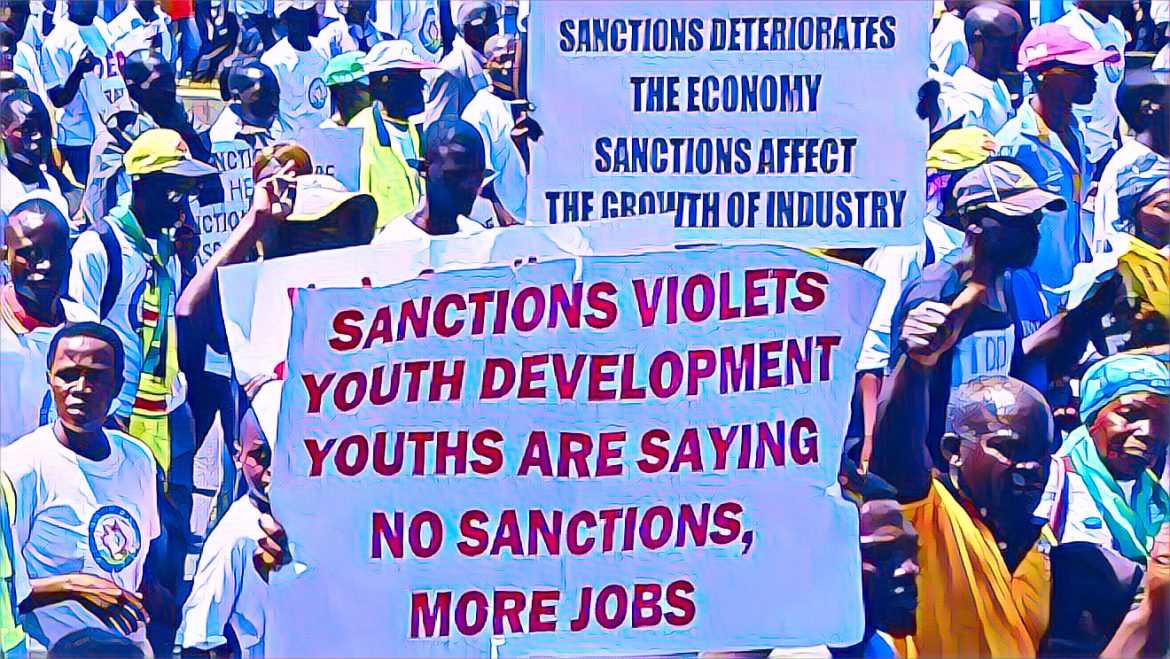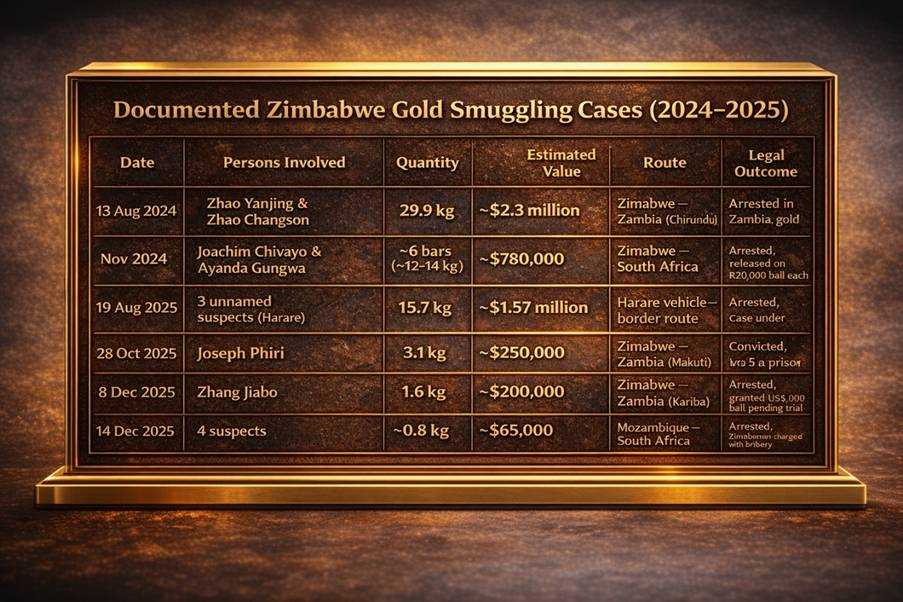
Philemon Jambaya
Zim Now Editor
Sub-Saharan Africa's economic landscape has long been marred by the crippling effects of sanctions imposed on Zimbabwe. For over two decades, the country has struggled under the weight of US sanctions, initiated in 2001 under the Zimbabwe Democracy and Economic Recovery Act . The far-reaching consequences of these sanctions have ravaged Zimbabwe's economy, leaving deep scars on the lives of its citizens.
Zimbabwe's once-thriving economy has been reduced to a shadow of its former self. The sanctions have limited the country's access to foreign capital, stifling investment and hindering economic growth. The World Bank and International Monetary Fund have been reluctant to provide essential loans and aid, exacerbating the crisis.
Related Stories
Estimates from Zimbabwe's Ministry of Finance reveal that sanctions have cost the country a staggering $42 billion in lost income and aid over the past 20 years. The agricultural sector, once a significant exporter of tobacco, has forfeited its markets in the US and Europe. Investment in key industries such as mining and tourism has dwindled, and job growth has been severely restricted.
The social and humanitarian impact of sanctions has been devastating. Zimbabwe's healthcare system is on the brink of collapse, with hospitals lacking basic drugs and equipment. Maternal mortality rates have soared due to supply shortages. Education has also suffered, with schools lacking resources and teachers facing meager incomes.
The World Food Program reports that 5.5 million Zimbabweans face food insecurity, particularly in rural areas where agricultural output has declined. Inflation and shortages have driven up prices of basic goods, making life unbearable for ordinary citizens.
Regional allies, including the African Union (AU) and Southern African Development Community (SADC), have joined Zimbabwe's plea for sanctions relief. Humanitarian groups urge a review of sanctions to address governance concerns while protecting the welfare of the people.
As Zimbabwe struggles to break free from the shackles of sanctions, a balanced strategy is needed. Encouraging dialogue between the US and Zimbabwe could ease the economic burden, provide access to foreign capital, and foster development.
The people of Zimbabwe cannot afford to wait. It's time for the international community to reevaluate the impact of sanctions and seek a solution that promotes economic stability, reduces poverty, and restores hope to a nation in distress.




















Leave Comments